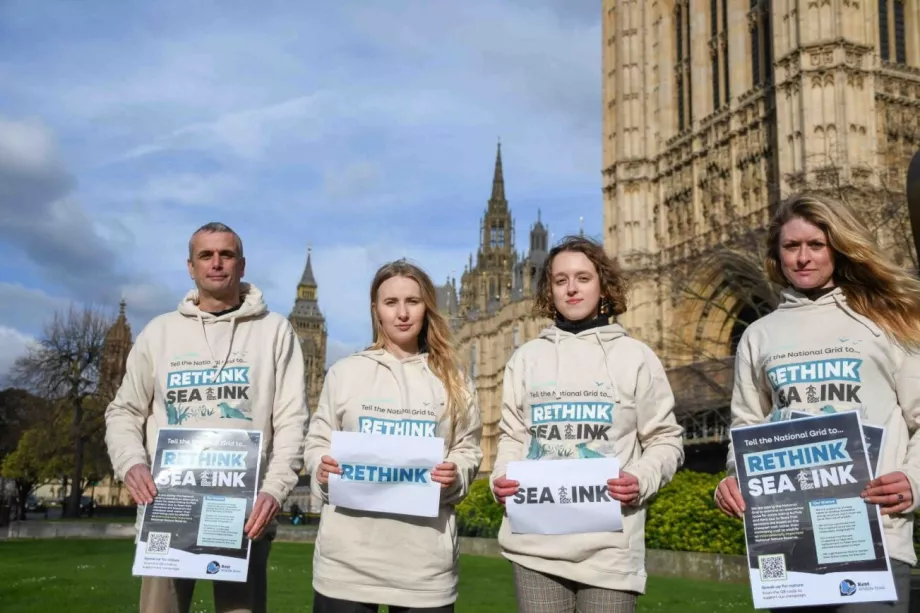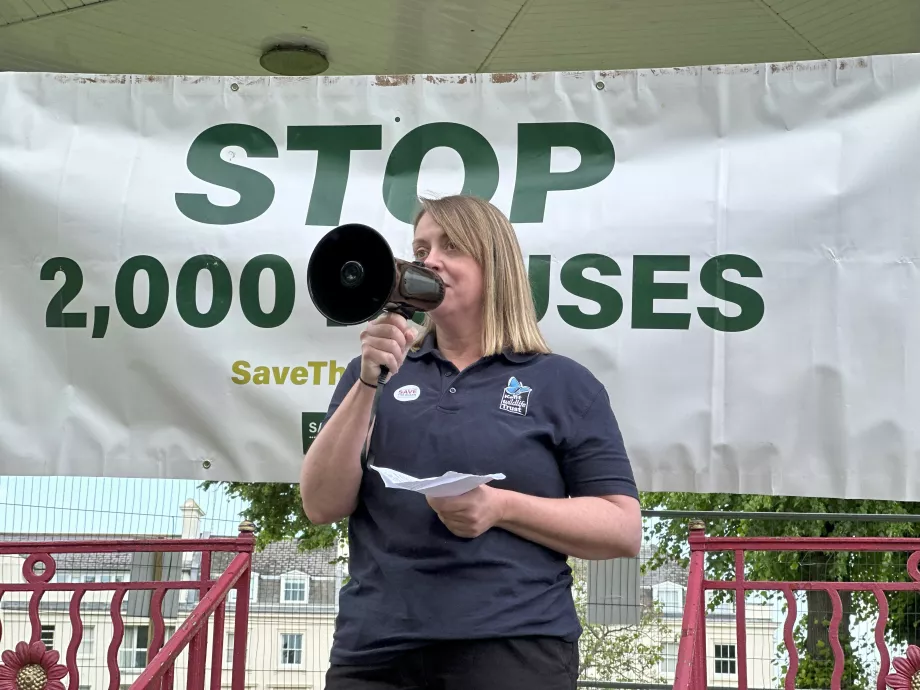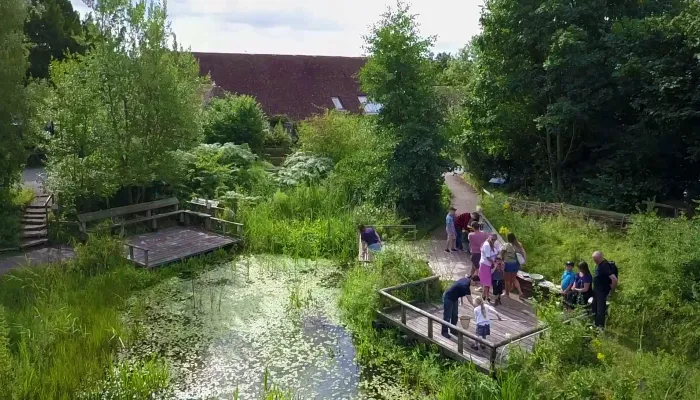
Conservation careers: Something for everyone
The world of conservation is incredibly diverse, offering opportunities to suit a range of skills, interests, and lifestyles. Whether you’re a tech enthusiast, a communications wizard, or a natural-born advocate, there’s a place for you in conservation. Here are some examples:
Ecologists and Reserve Wardens: These roles are what many people picture when they think of conservation – being outdoors, conducting surveys, and managing habitats. Perfect for those who thrive with hands-on work and close contact with nature.
Planning and Policy Officers: Like my current role, these professionals work behind the scenes to influence land-use policies, review development proposals, and advocate for nature-friendly planning decisions. Ideal for those with analytical minds and strong writing or negotiation skills.
Community Engagement Officers: These roles focus on empowering local communities to take conservation action, often through education, events, or collaborative projects. If you love working with people and fostering collective change, this is a great fit.
Wildlife Campaigners: If advocacy and activism are your passions, campaigners lead efforts to protect wildlife from harmful projects or practices. They work with media, decision-makers, and the public to drive awareness and action.
Conservation Scientists and Researchers: For those with a love of data and discovery, these roles focus on understanding wildlife and ecosystems, providing the evidence needed to guide conservation efforts.
GIS Specialists and Data Analysts: Conservation increasingly relies on technology, including geographic information systems (GIS) and data analysis, to map habitats, track species, and predict environmental changes. A great option for tech-savvy conservationists.
Fundraising teams: Behind every successful conservation organisation are skilled communicators and fundraisers who secure support and spread awareness. These professionals build relationships with donors, businesses, and the public to raise funds that sustain projects and initiatives. Whether it’s writing grant proposals, or organising charity events, these roles are perfect for those who excel at communication and building networks.
PR, Marketing, and Communications: These professionals focus on building a strong public image for conservation organisations, managing media relations, and spreading key messages through creative campaigns. Whether through social media, press releases, newsletters, or videos, they help connect conservation efforts with the wider public and inspire action.
Creative thinkers: Storytellers, graphic designers, and video editors help bring conservation campaigns to life, making complex issues accessible and inspiring public action.
These roles demonstrate that conservation is not one-size-fits-all. Whether you prefer working outdoors, at a desk, or engaging with people, there’s a way to contribute to protecting our planet.

Breaking the misconception
Conservation careers like mine show that not every role requires you to be out in the wild, conducting surveys or building habitats. Desk-based jobs in policy, fundraising, PR, and marketing are essential for shaping the frameworks that protect nature. They offer the opportunity to think strategically, engage with high-level decision-making, and influence conservation outcomes on a regional or national scale.
For those considering a career in conservation, think beyond the boots and binoculars. Ask yourself how your unique skills can contribute to the bigger picture. Whether in the field or at a desk, every role in conservation is a crucial thread in the intricate tapestry of protecting our planet’s biodiversity.

